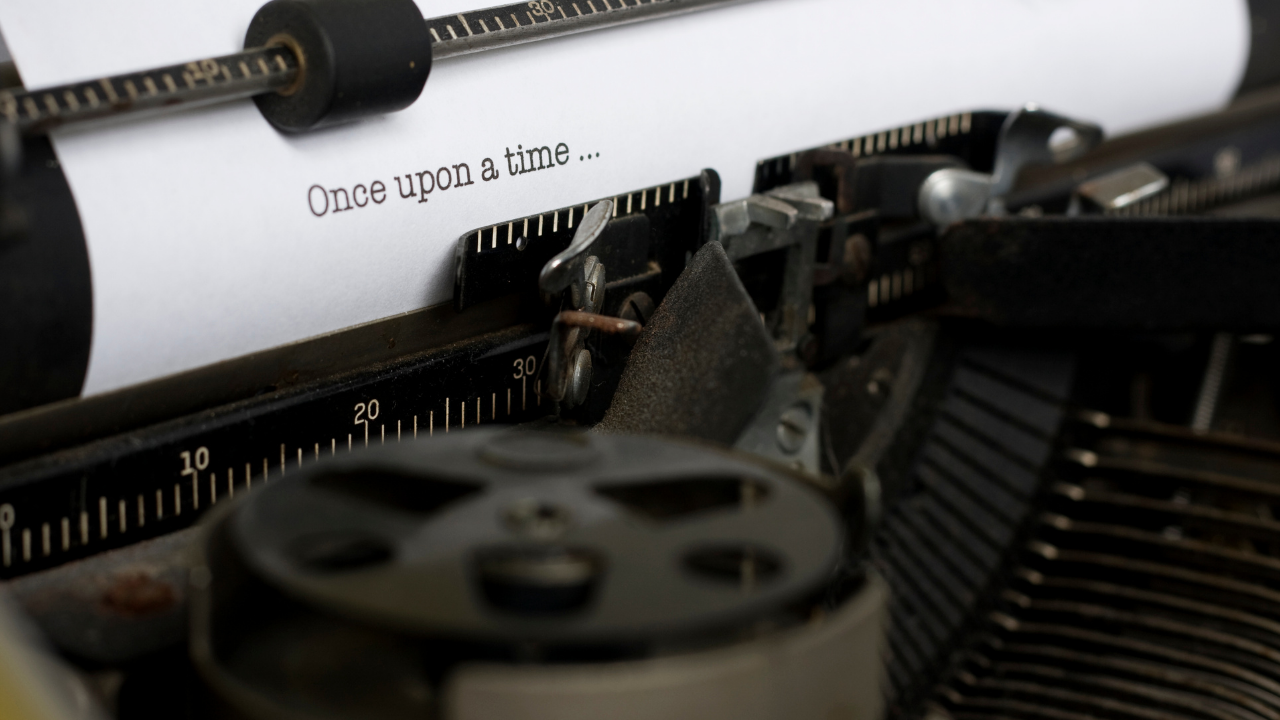path of the storyteller / blog
what holds writers back: my top ten
It’s NaNoWriMo time, again!
I started this blog (and soon afterward, my weekly YouTube livestream) last year right around this time, as it seemed like there was an extra need for writing mentorship out there.
So many blog posts and livestreams later, I am amazed at how this ongoing exploration of writing good fiction continues to deepen. It’s a lifetime practice for sure.
And how has your writing grown this year?
While you you formulate your answer, I want to give a shout-out to all the Path of the Storyteller alums who finished a draft in 2021.
TRUMPETS OF VICTORY SOUND! Some have never finished a book before. Revisions are now in progress, and I am so very proud of each and every one of these awesome and dedicated writers!
Accomplishment feels good. Setting goals and moving steadily toward them feels fantastic.
But being stuck, thwarted, or in despair because all your efforts seem to be going in circles does not feel so good, am I right?
This week’s livestream is not for the...
the two kinds of stuck
Stuck is one of those short, sharp, Anglo-Saxon-derived English words that give such a nice, rhythmic punch to our prose.
Compare it with something of a more romantic flavor, like, say, “immobilized.” A fine word, but you do get more bang for your buck with stuck!
The power of choosing one-syllable words (look at the last sentence of the previous paragraph for an example) is a great topic, but it’s not our topic this week.
This week I want to talk about being stuck. Immobilized. Not making progress.
There are two kinds of stuck: Not writing stuck and writing stuck.
The not writing kind? We just stop working. We abandon a scene, a chapter, a project. We may have a lot of mental chatter about it, from the blithe “I'm just too busy at the moment” to the mean-spirited “I am undisciplined and unworthy of the name WRITER!” Either way, you're not writing! That’s stuck.
The other, and perhaps trickier kind of stuckness, is when we are stuck AND writing but we’re just going in circles. W...
getting real about writing goals
Think back twelve months and tell me the truth: Did your writing practice make the progress in 2020 that you promised yourself it would?
The correct answer? I don’t care and neither should you. We can give 2020 a pass. You know what impact this year had on you. It was different for each of us, but if you’re reading this, YOU WON. You're here. You made it. I'm sending you a virtual hug.
Now, a new year is upon us. There’s a whiff of hope in the air. And what we’ve been through does not alter the fact that many of us are all too familiar with the feeling of setting writing goals that do not fully come to pass.
Are we undisciplined? Unrealistic? Un-whatever your personal demon is?
The answer may be less mysterious, and less personal, than all that. In this livestream I serve up some goal-setting realness for 2021. No more writing goals that get buried in “life got too busy” or “I got stuck” or “I guess I just don’t have the {insert imaginary virtue of your choice} to write.”
This ...
marathon

I’ve often said to my students: The biggest hurdle we writers face is not mastering the craft, or navigating the industry, or even finding the time and money to carry on writing.
Those are all real challenges, for sure. But they’re not the ones that threaten to scuttle the ship.
No. The biggest hurdle is managing our anxiety about the work. The inner monologue goes something like this:
Is it good? Am I good? Or at least, good enough? Will this be the book that gets finished? Will this be the one that lands me an agent? Will this be one that breaks out? Am I doing this writer thing right? Should I even be doing it at all?
The list goes on. Writers never seem to get writer’s block when it comes to penning words of self-doubt and second-guessing.
Why so? It’s a big question. Here’s my short answer: The very nature of writing simulates consciousness. The voice in my head that feels like "me” finds expression in the words on the page that are also, somehow, me.
This makes the whole e...
dirty dishes

Writing is a paradoxical pursuit. It requires us to be wildly, freely imaginative, and meticulously disciplined about how we express those imaginings.
It sounds like the old rubbing-your-tummy-while-patting-your-head-trick. Luckily, we don’t have to do those jobs at same time. There is the drafting hat, and there is the revising hat.
When we’ve got the drafting hat on, we must (must!) drop our attachment to writing drafts that are "good.” We must suspend judgment and be willing to spew raw matter onto the page. We must do quite a bit of this, to sniff out the character and her need, and unearth the shape of the story we want to tell. Much of our drafting will take place in this freewheeling mode of discovery.
I call it the messy mudpie stage. A writer should stay in this mode for as long as she needs to be there. But at some point during the first draft, or perhaps after it’s complete, it’s time to take off the mud-splattered art smock and put on a lab coat.
Instead of drafting fr...
back to work

When I was eighteen years old, I had a truly extraordinary stroke of luck
It was 1980 and I was an acting student at NYU, in the fall of my sophomore year. I was not a great student, honestly. To succeed in the New York theatre was my dream, but there was much about it that flew way over my naïve suburban head.
But luck found me nevertheless. After attending an open audition for a new musical with a score written by Stephen Sondheim, one of my idols, I was cast in a Broadway show.
Recall that I was eighteen. I was a student. My resume was a list of all the school plays I'd been in during high school. How could this happen?
Nevertheless, it happened. That show was called MERRILY WE ROLL ALONG, and it was directed by Broadway legend Harold Prince.
There are so many great Hal stories. Many have been told and retold, but one that sticks with me was his career-long practice every time he opened a new show. Whenever opening night was, he’d schedule a meeting in his office the next mo...


